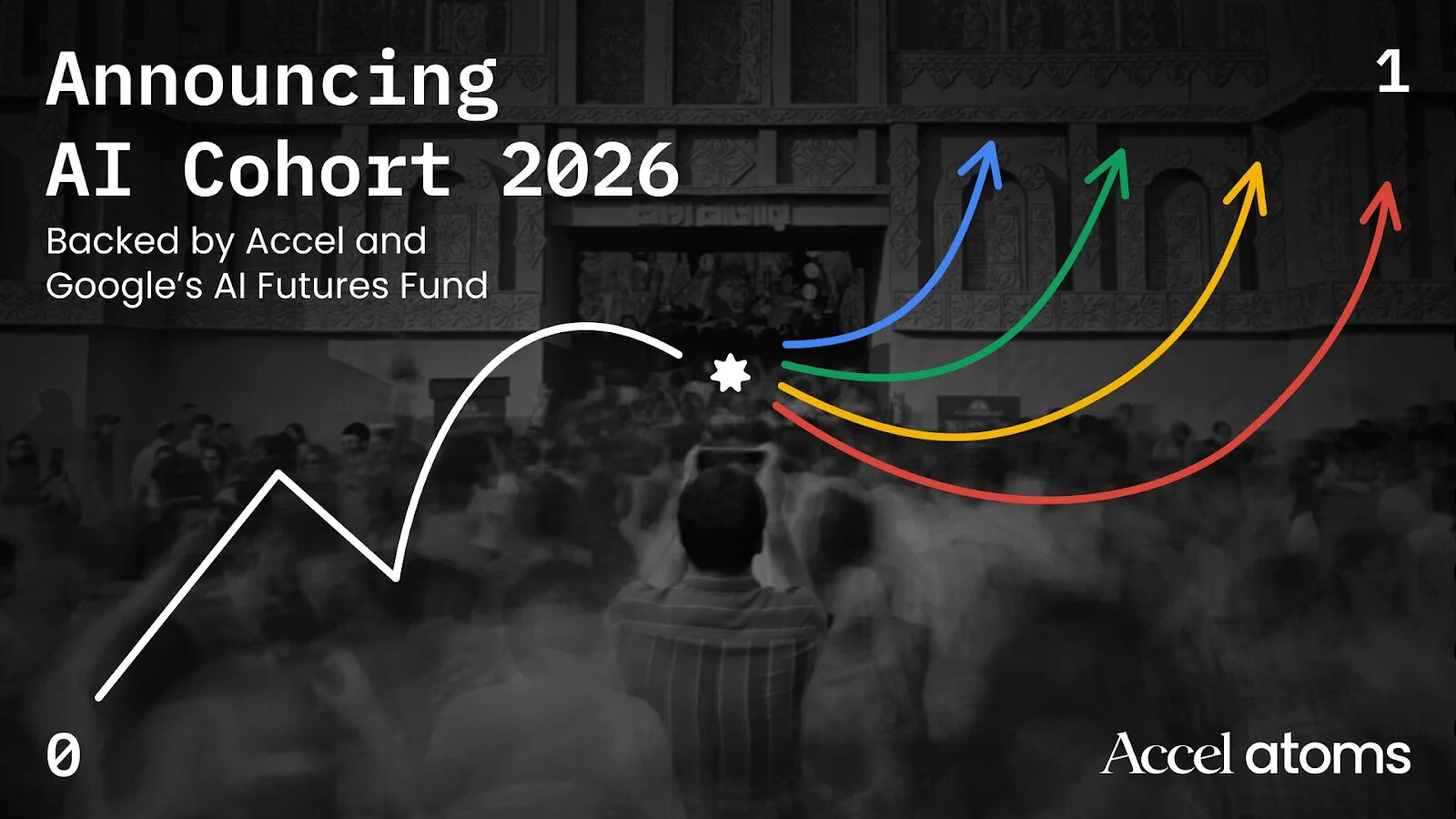Accel Founder Stories 003: Brew Money

Brew is an alternative savings account which uses decentralized finance to provide users with higher interest rates on their savings.
Using an app, a user can connect their bank account to Brew to transfer funds, which will be automatically converted to a stablecoin deposit to earn up to 10% APY.
Brew’s founders Archisman Das and Mehul Marakana are both Practo alumni. The two stayed in touch after Mehul left in 2017 to found PaisaSavvy, and would often bounce ideas off each other. These conversations led them to crypto and decentralized finance, and they decided to found Brew in 2021.

Brew is founded on two driving principles - accessibility and decentralization.
Of the 220 million investors currently holding crypto, more than half came on board in the last twelve months alone. Most of these investors lack the technical knowledge required to unlock most of DeFi’s value. To Brew’s team, it is these investors who stand the most to gain.
Brew is positioned in the US market as an alternative to a traditional savings account, where the average interest rate offered is 0.06%.
The Brew team is also clear that they want to stay true to crypto’s ethos of decentralization. They want you to truly own your own money. This is evident right from the start of a user’s journey. Unlike regular crypto wallets, Brew simplifies the complexities associated with a self custodial product. This means that you as a user have complete control of their funds and where they are placed.
Moving forward, Archisman envisions Brew building on its premise of being your own bank, diversifying their product offering to include a suite of services.
Applications for Atoms’ Holi cohort are open!
If you are a very early stage startup, we are waiting for you to apply. Atoms is meant for you.
Please note that we will be closing applications on March 15th, 2022. Applications arriving after this date will only be considered for the cohort after.
Stay updated on Accel Atoms, community events, and its portfolio companies








